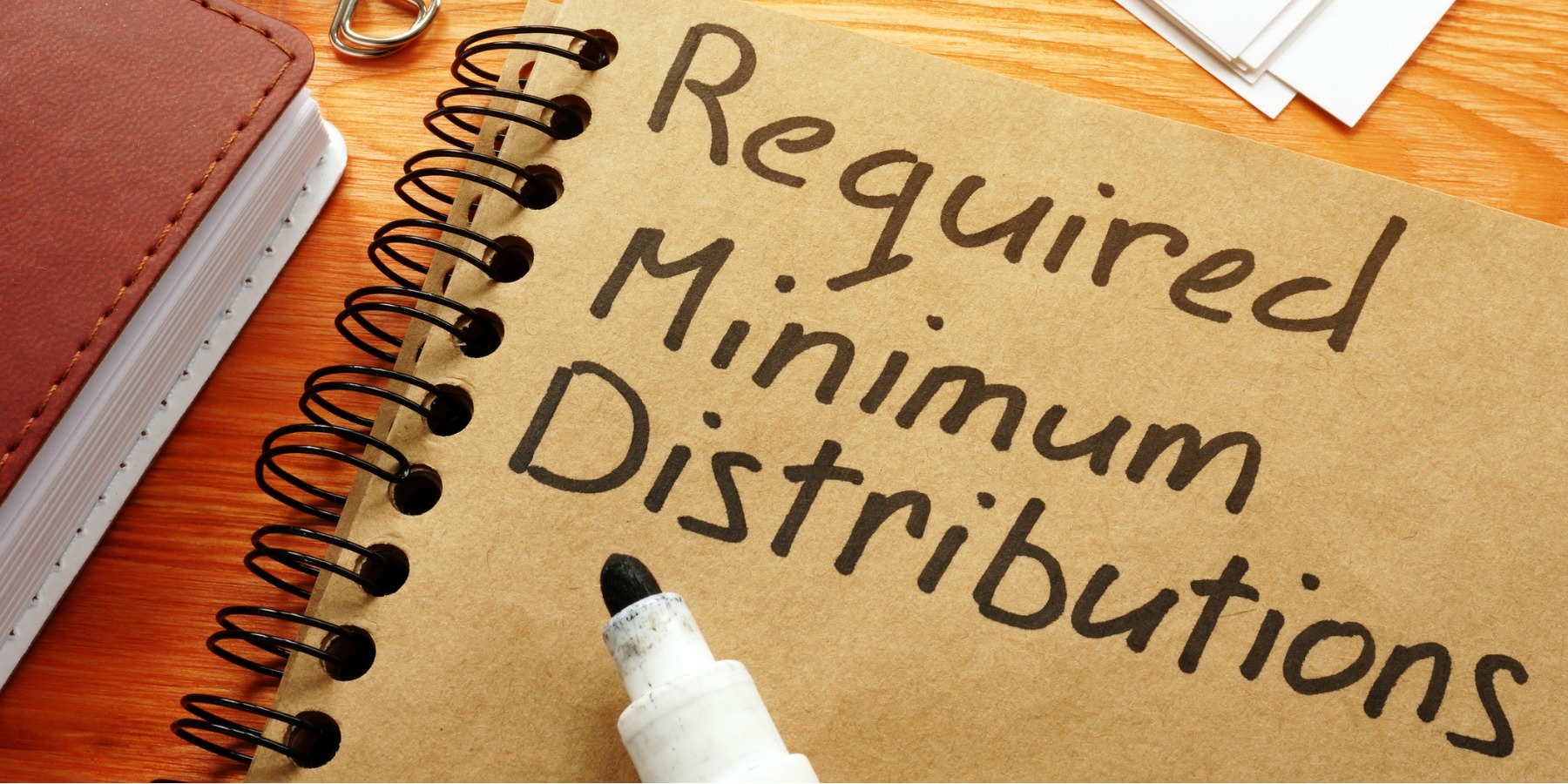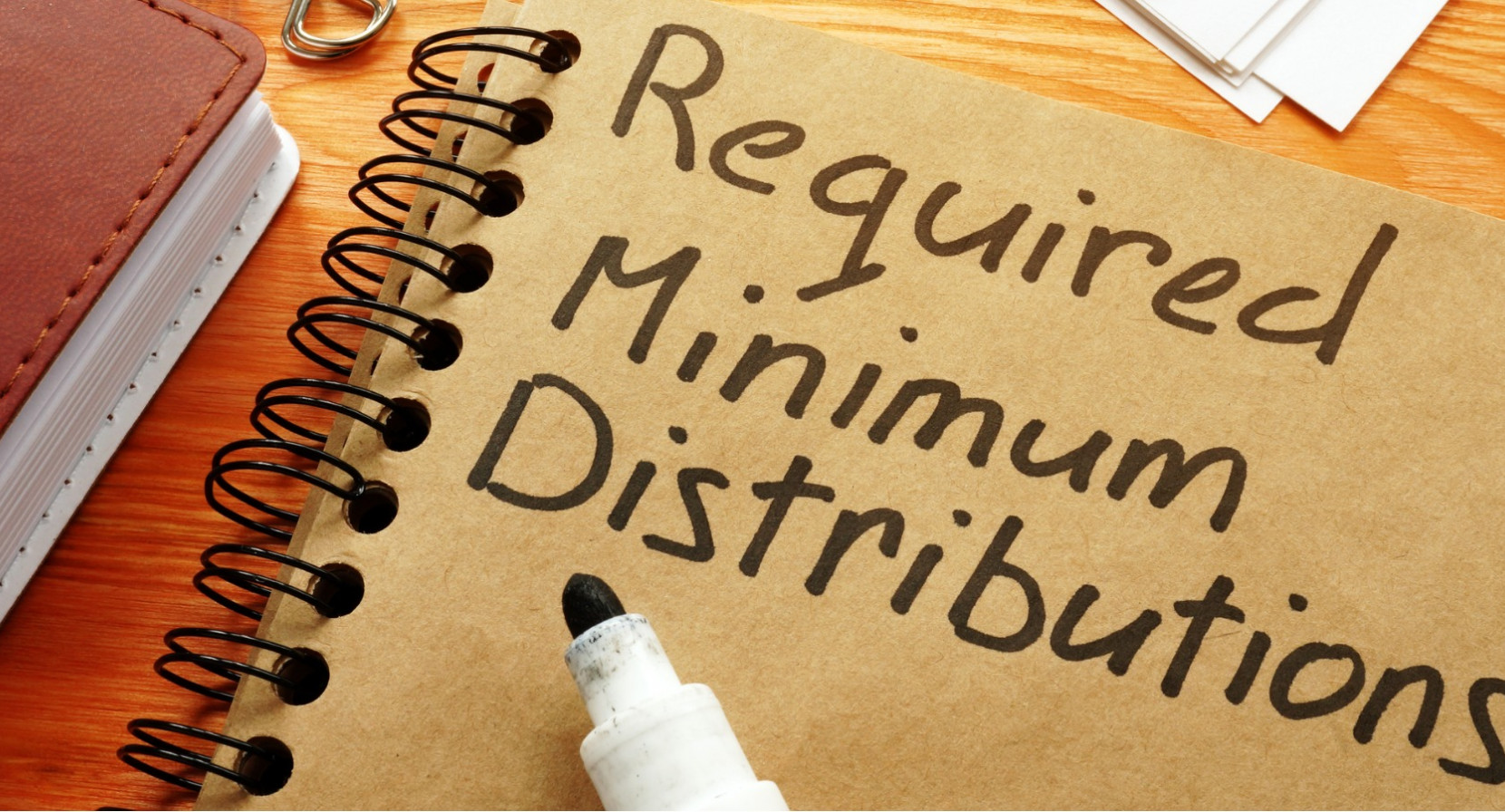Joseph called attention to an issue in a recent Friday roundup that we thought important enough — and relevant to enough of our readers — to warrant a separate article.
The issue? That if you took a required minimum distribution (RMD) from a retirement account earlier this year, before passage of the CARES Act, you can put the money back if you’d like to, thereby avoiding paying tax on the distribution and giving your tax-deferred account balances more time to grow.
The normal ABCs of RMDs
Under normal (non-pandemic) circumstances, if you have a traditional IRA or other retirement account and turned 70½ before January 1 of this year, or if you turned 72 after that date, you are required to take a certain minimum distribution from that account each year and pay taxes on the amount.
Of course, this year is far from normal, and on March 27 Congress passed a sweeping fiscal relief package known as the CARES Act, which included a provision that suspended RMDs this year. However, by then, many people had already taken an RMD.
In such a case, the law said the distribution could be "returned" to a retirement account under the 60-day rollover rules that existed before the CARES Act. Strictly speaking, the withdrawal could be treated as an early distribution and a taxpayer could take advantage of rules allowing for a once-a-year (i.e., once every 365 days, not once per calendar year) penalty- and tax-free rollover to an IRA within 60 days of taking the distribution.
But what about people for whom that brief 60-day window closed before they could act?
Multiple changes and clarifications
In April, the IRS provided more guidance, extending the rollover window to July 15 while maintaining the once-per-year rollover limitation. The new rules applied only to people who had taken an unwanted distribution on February 1 or later and did not apply to non-spouse beneficiaries who inherited an IRA.
Last month, the IRS loosened the rules further: 1) anyone who took an unwanted distribution on January 1 or later can now return the money by August 31, 2) non-spouse beneficiaries can now qualify for such a rollover, and 3) the only once-per-year rollover provision has been waived. (So, if you have taken monthly distributions, you can send them all back.)
In essence, most people who took RMDs this year and would prefer not to have taken them can return the money. (That is, you can return any Required Minimum Distributions that you took, but not any money you took as a distribution that exceeded the required amount — i.e., your RMD was $3,000 but you took $4,000; you can return $3,000 of that.)
CRDs
One other IRS clarification pertains to people most directly impacted by the COVID-19 virus. If you or your spouse were diagnosed with the virus, or if you were furloughed, laid off, had your hours or pay reduced because of the pandemic, or experienced other pandemic-related “adverse financial consequences,” you may be eligible for a coronavirus-related distribution (CRD) from your retirement account.
If you are eligible for a CRD, up to $100,000 in distributions from a traditional IRA or some other types of retirement accounts, even if made prior to age 59½, are penalty-free this year. Further, taxes due on the distribution may be spread over three years. And for those who change their mind, the money can be returned to the account up to three years after receiving the money and the taxpayer will receive a refund on any taxes paid. ("Qualified" plans, such as a 401(k) plan, are not required to allow CRDs, but some employers may allow them.)
As is typical of most tax-related issues, the rules are somewhat complicated! If you are interested in taking advantage of this year’s new RMD provisions, talk with your accountant to make sure you are in compliance.









